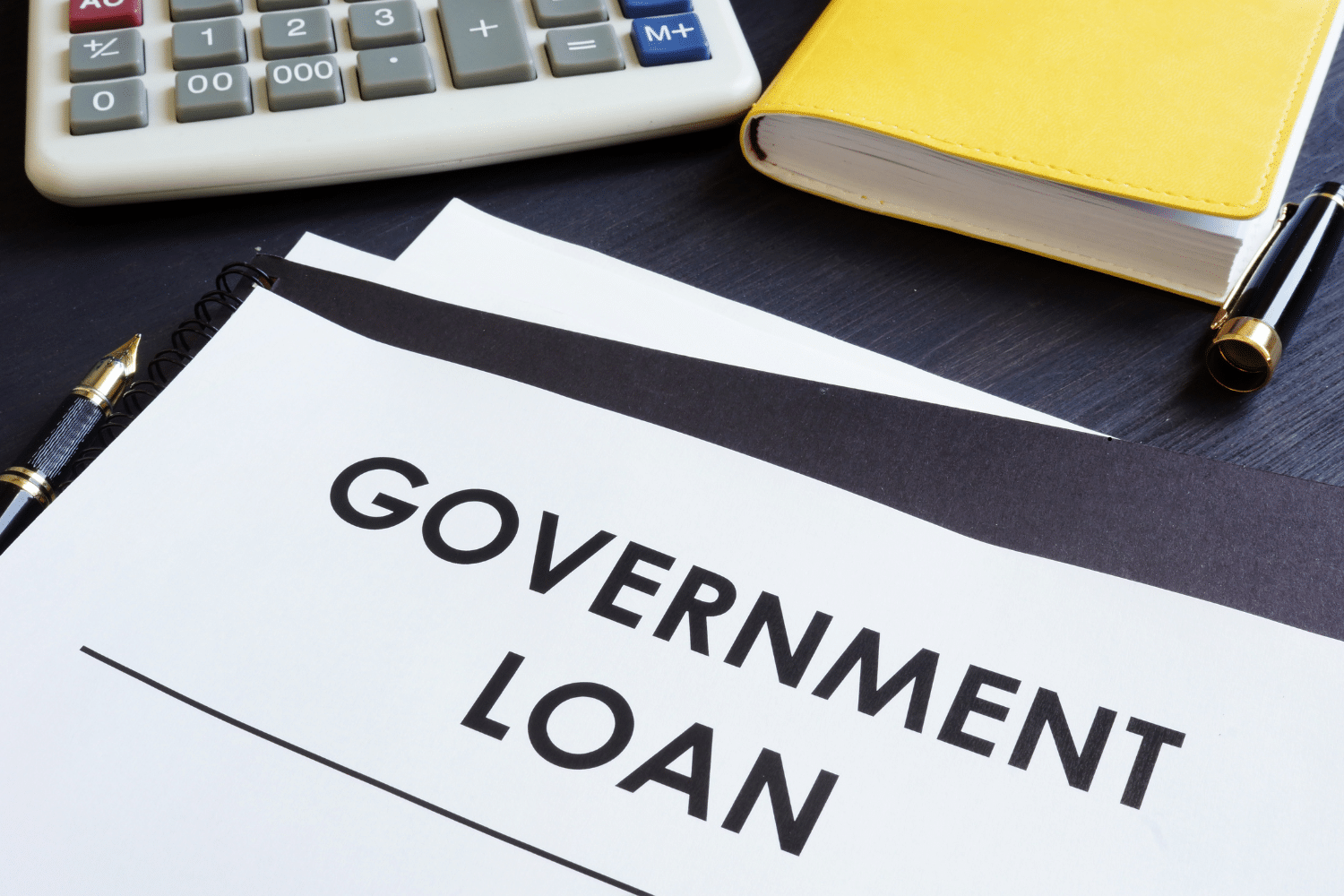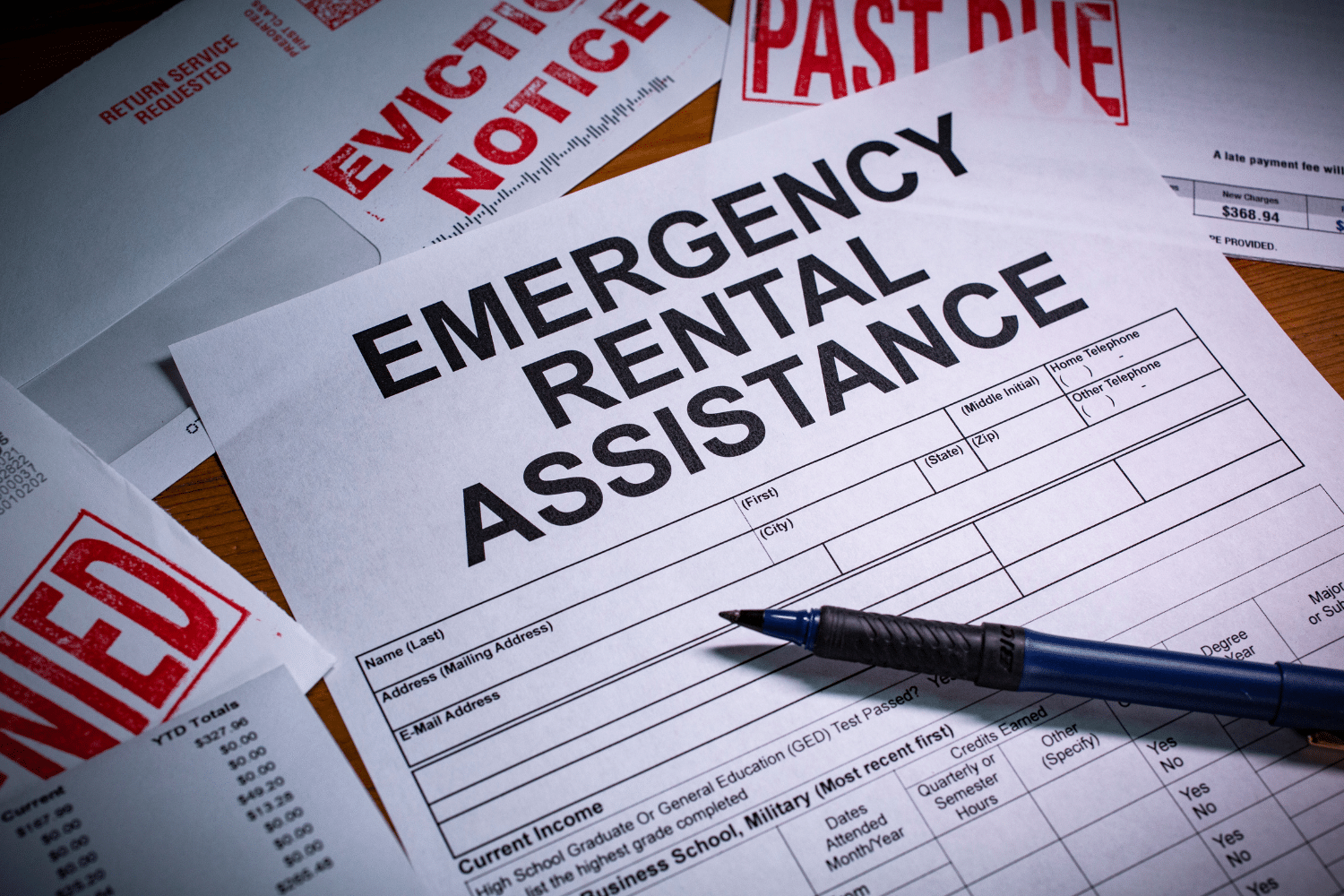Veterans housing benefits help former service members find stable, affordable housing. This guide covers key programs like VA Home Loans and rental assistance, along with eligibility and application steps. Read on to learn how to access these support services effectively.
Key Takeaways
- The VA Home Loan Program offers veterans and eligible spouses the opportunity to purchase homes with benefits such as lower interest rates, no private mortgage insurance, and often no down payment required.
- Rental assistance programs like SSVF and HUD-VASH provide essential support to veterans facing housing instability by preventing homelessness and helping them find stable housing.
- Financial counseling and assistance grants through the VA are available to aid veterans in overcoming financial hardships, ensuring they maintain housing stability and avoid eviction.
VA Home Loan Program Overview

The VA Home Loan Program is a cornerstone of the Department of Veterans Affairs’ housing assistance efforts. This program facilitates home purchases for veterans and eligible surviving spouses by guaranteeing a portion of the loan, which allows lenders to offer better terms. Among the many benefits, veterans taking advantage of this program often enjoy lower interest rates, limited closing costs, and the absence of private mortgage insurance requirements.
A standout feature of the VA Home Loan Program is that veterans typically do not need to make a down payment, though some lenders may require one based on specific circumstances. This flexibility makes homeownership more accessible to veterans, providing them with opportunities for financial stability and long-term investment.
Eligibility Criteria for VA Home Loans
Veterans must meet specific service requirements to qualify for the VA Home Loan Program. Generally, veterans who have served at least 90 continuous days of active duty are eligible for VA home loans. However, eligibility criteria vary based on the period of service, with specific requirements for different military eras. Additionally, service members discharged for reasons such as hardship or a service-connected disability may still qualify even if their service was less than the minimum requirement.
Securing a Certificate of Eligibility (COE) is essential in the process. This certificate proves the veteran’s service and discharge status, which are necessary to qualify for the loan. Without a COE, veterans cannot access the benefits of the VA Home Loan Program. This ensures only those with honorable service receive the housing benefits they deserve.
How to Apply for a VA Home Loan
The first step in applying for a VA Home Loan is obtaining a Certificate of Eligibility (COE). Veterans can request this certificate through the Department of Veterans Affairs by filling out a specific form. This request can be made online, through local VA offices, or via lenders who participate in the VA home loan program. The VA’s regional loan centers also serve as a resource for veterans needing assistance with their applications.
After securing the COE, veterans can proceed with the loan application process. This involves selecting a lender, finding a suitable home, and completing the necessary paperwork. They can apply for VA home loans through multiple channels to access the best terms and support throughout the home-buying process.
Rental Assistance Programs for Veterans

Rental assistance programs provide a vital lifeline for veterans unable to purchase a home. Aimed at preventing homelessness and providing financial support, these programs serve veterans in need. The Department of Veterans Affairs collaborates with community partners to deliver these services, ensuring that veterans have access to comprehensive housing solutions, employment opportunities, and healthcare.
Key rental assistance programs include the Supportive Services for Veteran Families (SSVF) and the Housing and Urban Development-Veterans Affairs Supportive Housing (HUD-VASH). These initiatives are designed to help veterans secure stable housing and improve their quality of life.
Eligible veterans can apply for housing assistance grants via the Veterans Affairs website or by contacting local VA offices.
Supportive Services for Veteran Families (SSVF)
The Supportive Services for Veteran Families (SSVF) program is dedicated to preventing homelessness among veterans and their families. Providing case management services, this program addresses veterans’ unique needs to help them maintain stable housing. A key feature of SSVF is its focus on rapid re-housing, prioritizing quick placement of homeless veteran families into stable housing.
Eligibility for SSVF includes veterans who have been honorably discharged and whose household income is below 50% of the area median income. SSVF also provides a Shallow Subsidy initiative, offering a two-year subsidy to low-income veterans at risk of homelessness.
SSVF plays a critical role in supporting veterans and their families by addressing both immediate and long-term needs.
Housing and Urban Development-Veterans Affairs Supportive Housing (HUD-VASH)
The HUD-VASH program is a collaborative effort between the Department of Housing and Urban Development (HUD) and the Department of Veterans Affairs (VA). This program combines housing vouchers with supportive services from the VA to help veterans secure stable, permanent housing. HUD-VASH provides housing vouchers to ensure veterans can afford safe and stable housing while receiving necessary support.
Veterans participating in HUD-VASH benefit from comprehensive case management services provided by the VA. These services assist veterans in addressing challenges such as securing employment and accessing healthcare. The long-term goal of HUD-VASH is to ensure that veterans have stable living conditions, allowing them to focus on rebuilding their lives.
Financial Counseling and Assistance Grants
To maintain housing security, the VA offers several resources to support veterans facing financial hardships. Resources include loan modification, forbearance, and financial counseling tailored to veterans’ needs. By providing these services, the VA helps veterans avoid eviction and foreclosure, ensuring they can maintain their housing stability.
Programs designed specifically for veterans offer immediate assistance to those in need, helping them navigate financial challenges and access affordable housing options. Veterans should contact a VA Loan Technician if they are more than two payments past due on a VA loan. This proactive approach helps veterans address financial issues before they escalate into more significant problems.
Accessing Financial Counseling Services
Those facing financial difficulties can seek help from VA-approved financial counselors. These counselors offer confidential, tailored advice to help veterans manage their finances effectively. From budgeting and debt management to navigating housing options, these counselors address a wide range of financial issues.
Veterans should reach out to VA-approved financial counselors through the VA website or local VA offices for confidential help. Leveraging these resources, veterans can gain control over their financial situation and avoid pitfalls leading to housing instability.
Applying for Housing Assistance Grants
Housing assistance grants are vital resources that help veterans alleviate financial burdens and secure stable housing. Available through Veterans Affairs, these grants can be accessed by contacting VA-approved financial counselors. The application process is straightforward, with counselors available to guide veterans through each step.
They can apply for these grants by contacting local VA offices or visiting the VA website. The grants provide essential support, helping veterans maintain their housing stability and avoid homelessness. This assistance is crucial for veterans facing financial hardships, ensuring they have the resources to secure stable housing.
Resources for Homeless Veterans

Homelessness among veterans is a significant issue, with over 40,000 veterans experiencing homelessness in the U.S. in 2017. However, there has been a notable decline of 45% in veteran homelessness from 2009 to 2017. This progress is due in part to the various resources and programs dedicated to supporting homeless veterans.
Primary resources for homeless veterans include the National Call Center for Homeless Veterans and local resources such as VA Medical Centers. Offering immediate assistance, these resources connect veterans to essential services, helping them secure stable housing and access comprehensive support. These programs help veterans find the assistance they need to overcome homelessness.
National Call Center for Homeless Veterans
The National Call Center for Homeless Veterans provides a free, 24/7 hotline at 1-877-4AID-VET, connecting veterans to trained counselors who can offer immediate assistance. The hotline is a critical resource for veterans facing homelessness, providing support and connecting them to local VA resources for housing assistance.
Upon contacting the hotline, veterans are assessed and directed to appropriate services, ensuring they receive the necessary help. The call center is staffed by trained responders who provide support and connect veterans with various assistance programs, making it an invaluable resource for those in crisis.
Local VA Medical Center Support
Local VA Medical Centers are crucial in supporting homeless veterans. These centers offer dedicated Homeless Coordinators who assist veterans facing housing instability or homelessness. These coordinators provide personalized assistance, helping veterans access housing programs and community resources for comprehensive support.
Besides housing assistance, local VA Medical Centers connect veterans with healthcare services, employment opportunities, and other essential resources. This holistic approach ensures that veterans receive the support they need to rebuild their lives and maintain stable housing.
Housing Benefits for Surviving Spouses and Family Members

Surviving spouses and family members of veterans can access various housing benefits. These benefits are designed to provide stability and support to families who have lost a loved one due to service-related disabilities or while on active duty. By offering housing grants, subsidized rental housing, and assistance in obtaining home loans, these programs ensure that families can maintain their homes and live with dignity.
Understanding eligibility requirements and available assistance types is crucial for surviving spouses and family members. These programs offer a lifeline to families in need, helping them navigate difficult times and secure stable housing.
Eligibility Requirements for Family Members
Family members must demonstrate a direct relationship to the veteran, such as being a spouse or dependent child, to access VA housing benefits. Additionally, they must meet specific service-related criteria, such as the veteran having died as a result of military service-related disabilities or while on active duty.
This eligibility ensures only those with a legitimate connection to the veteran receive housing benefits. Meeting these requirements allows surviving spouses and family members to access critical support during challenging times.
Types of Housing Assistance Available
Surviving spouses and family members of veterans have various types of housing assistance available. This includes rental assistance programs that help families facing financial hardships maintain housing stability. Programs such as Supportive Services for Veteran Families (SSVF) and HUD-VASH provide essential resources and assistance aimed at preventing homelessness.
Utilizing these housing assistance programs helps surviving spouses and family members secure stable living conditions and receive necessary support. Designed to ensure the well-being and dignity of families who have sacrificed so much, these programs provide essential support.
Other VA Benefits and Services

Besides housing assistance, the VA offers various other benefits and services to support veterans. This includes financial education resources, loan modification, and forbearance options to prevent foreclosure. Providing these tools helps veterans manage their finances and avoid risks associated with financial instability.
The VA is dedicated to eliminating homelessness among veterans by connecting them with essential resources and support services. Through outreach and comprehensive programs, the VA ensures veterans receive the help they need to maintain stable housing and rebuild their lives.
Temporary Housing Solutions
Temporary housing solutions provided by the VA aim to help veterans secure short-term accommodations during critical life changes. Programs such as Grant and Per Diem (GPD) offer transitional housing designed to support veterans as they transition to permanent housing.
These short-term housing options provide a safety net, ensuring veterans in transition have a stable place to stay while navigating their housing situation. Offering these solutions helps veterans avoid homelessness and maintain stability during challenging times.
Long-Term Housing Programs
Long-term housing programs offered by the VA focus on ensuring that veterans and their families maintain stable living conditions over the long haul. These initiatives often involve subsidized housing options and comprehensive case management services addressing veterans’ various needs. Providing these long-term solutions helps veterans achieve lasting stability and security in their housing situations.
These programs are crucial for veterans who require ongoing support to maintain their housing. Addressing both immediate and long-term needs, the VA ensures veterans have the resources and assistance necessary to live with dignity and security.
Summary
In conclusion, the array of housing benefits and assistance programs available to veterans, surviving spouses, and family members is extensive and robust. From the VA Home Loan Program to rental assistance initiatives like SSVF and HUD-VASH, these resources provide essential support to ensure stable housing. Additionally, financial counseling and assistance grants offer critical help in navigating financial hardships, while resources for homeless veterans and housing benefits for surviving family members further extend the VA’s support network. By leveraging these programs, veterans and their families can secure the stability and security they deserve, reflecting the nation’s gratitude for their service.
Frequently Asked Questions
To qualify for a VA home loan, veterans must serve at least 90 continuous days of active duty and obtain a Certificate of Eligibility (COE) to verify their service and discharge status. Meeting these requirements is essential for securing the loan.
The Supportive Services for Veteran Families (SSVF) program aims to prevent homelessness among veterans and their families by offering case management and rapid re-housing services. This program plays a crucial role in supporting those who have served our country.
Homeless veterans can access immediate help by calling the National Call Center for Homeless Veterans at 1-877-4AID-VET. This resource is dedicated to providing support and guidance to those in need.
Yes, surviving spouses of veterans can access housing benefits, including grants and assistance with obtaining home loans through VA programs. These resources aim to support their housing needs effectively.
Veterans have access to confidential financial counseling from VA-approved counselors, who provide personalized support to manage finances and prevent housing instability. This service is designed to empower veterans in their financial decisions.








